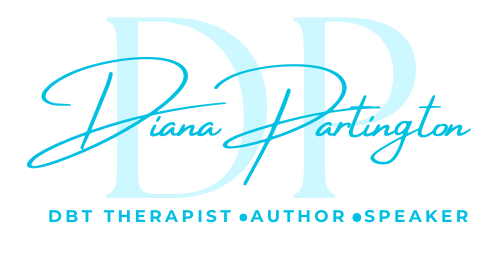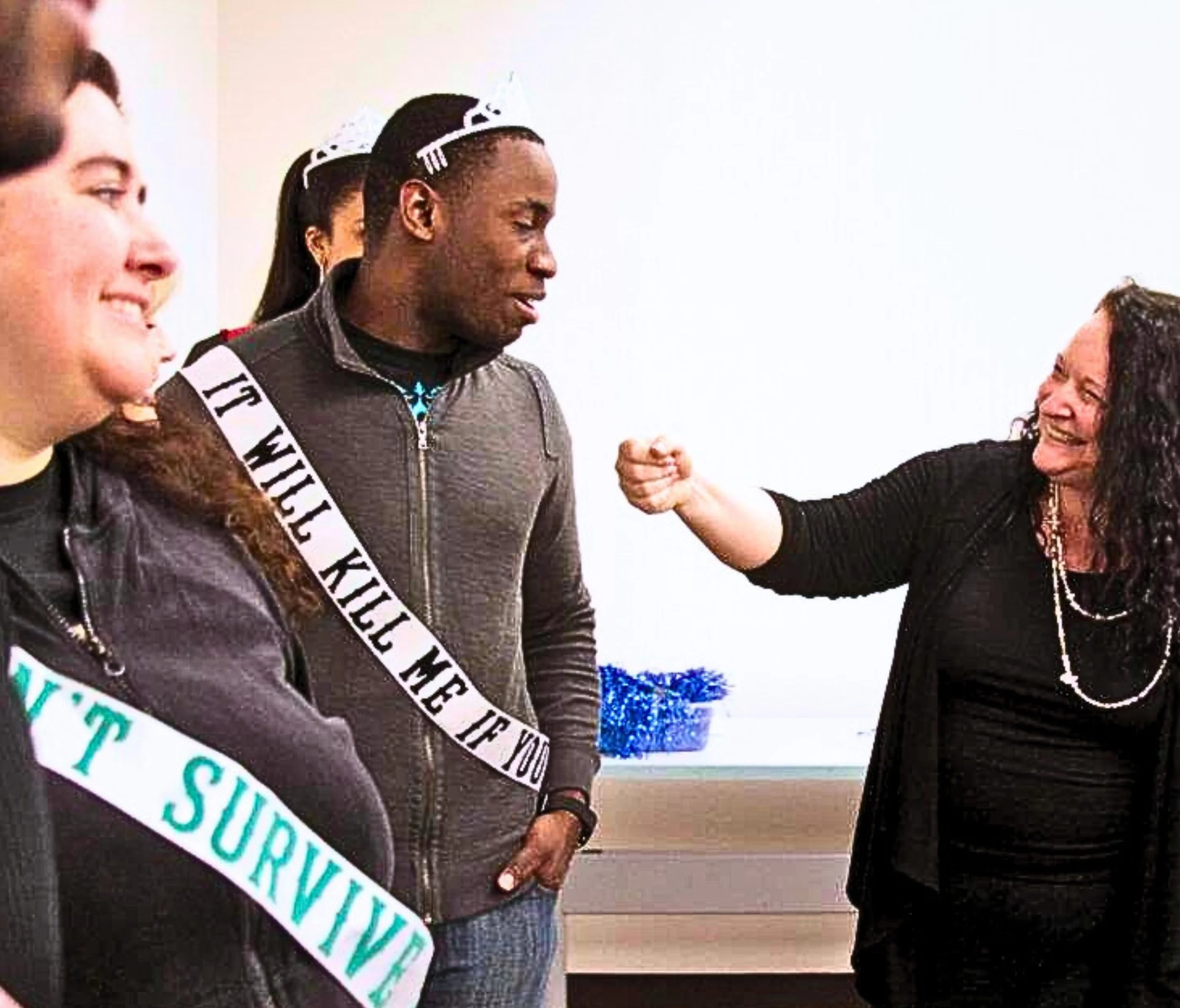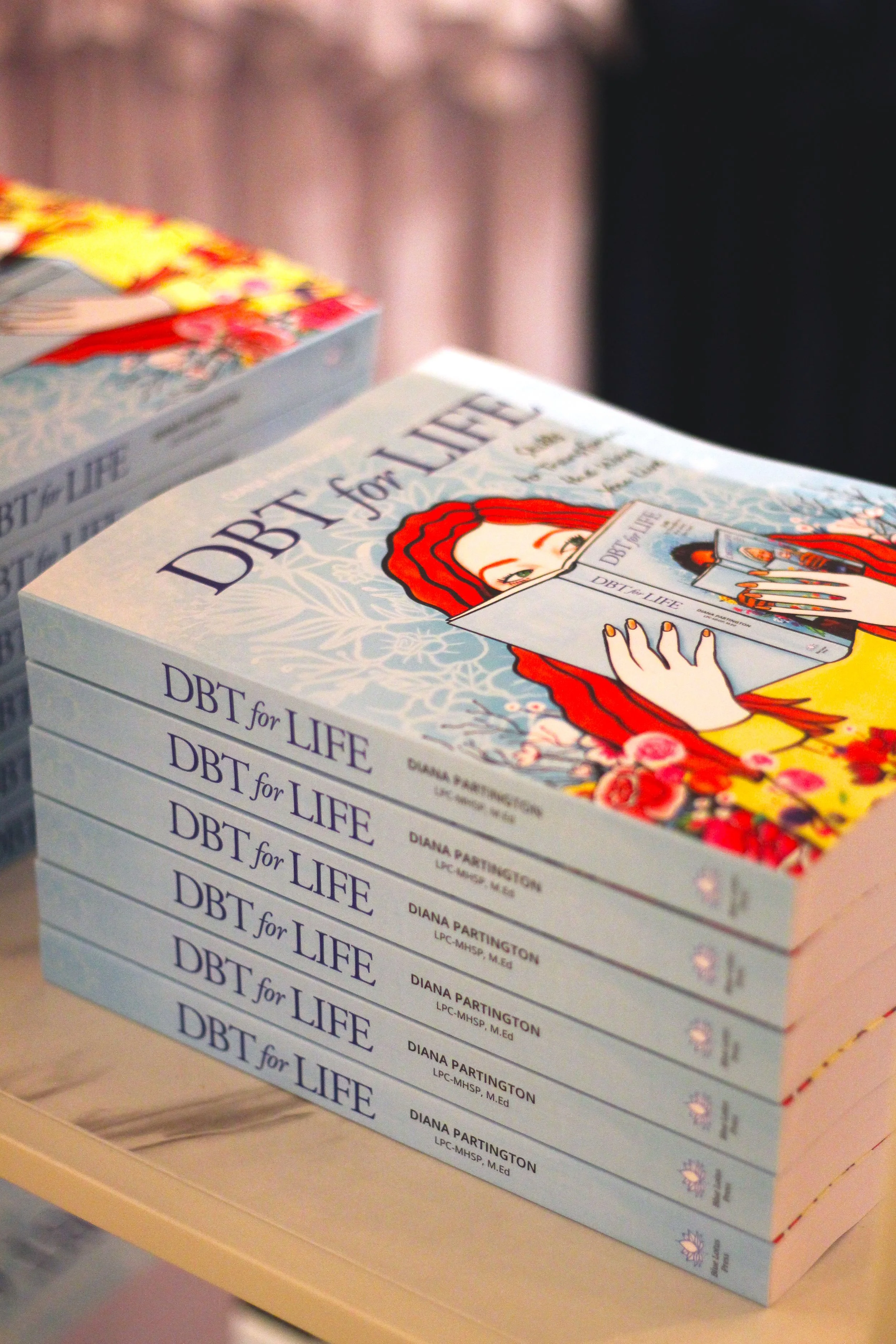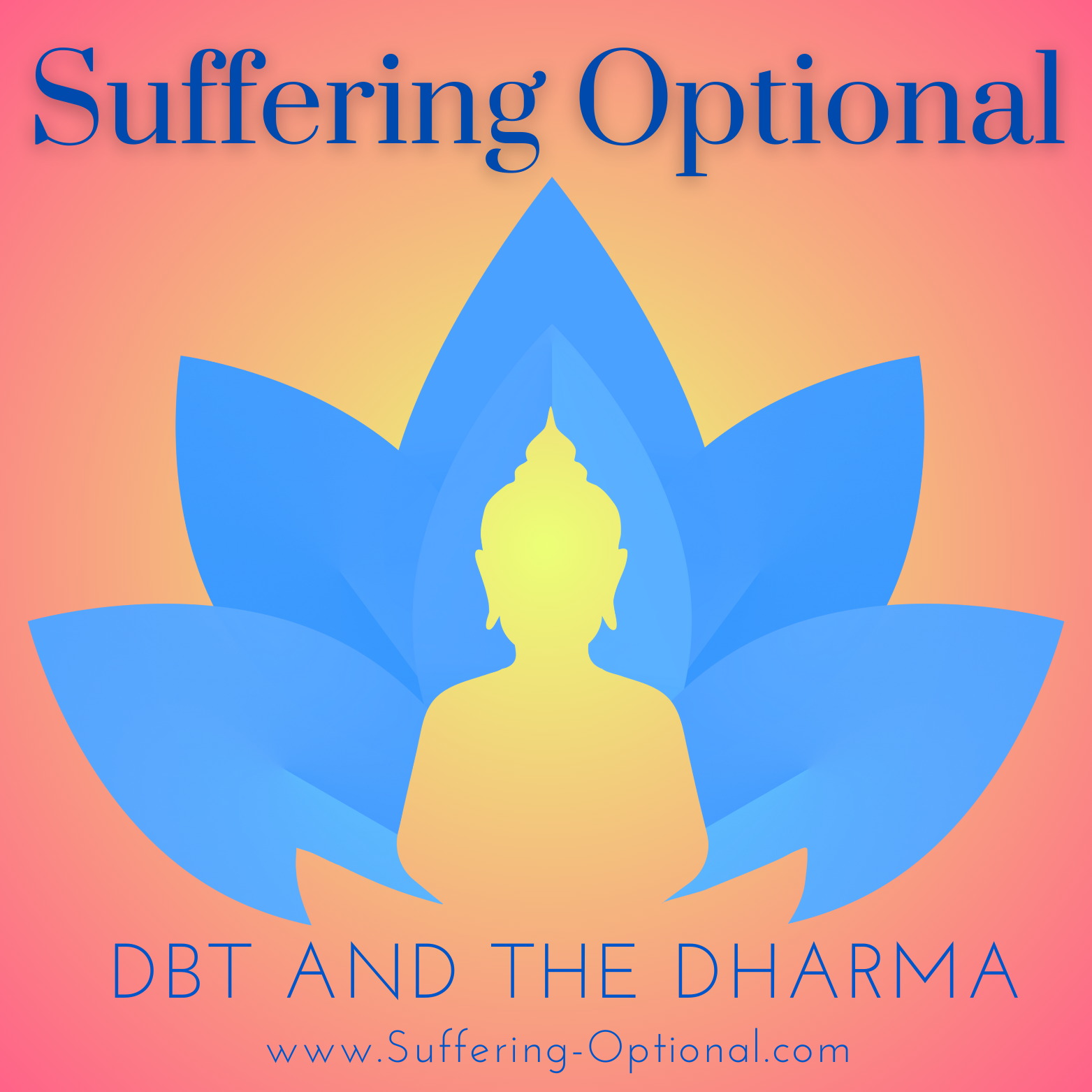Hi, I’m Diana!
I would love to teach you DBT Skills.
Let’s get to know each other. I hope learning a bit about me will help you feel safe and comfortable working together.

In the last 12 years as a DBT expert, I’ve taught skills to over 15,000 therapists and clients.
I’m committed to making these skills accessible to everyone.
Before I became a DBT therapist, I was a DBT client!
These skills saved my life. I use them everyday!
Diana's DBT Journey
Before DBT
Talk therapy and processing trauma
I had done a lot of insight therapy—ploughed through my childhood traumas again and again. At every stage of life, I brought the same stories to each new therapist. Eventually, I got tired of telling them.
I felt like I understood why I was the way I was. But understanding wasn’t enough. I didn’t want more insight. I wanted change. I wanted to become someone different—someone who could manage the intense emotions that kept wrecking my life.
DBT Saved My Life
Rock Bottom
I went through DBT as a client, before I became a therapist. I had struggled with depression and suicide since I was a kid. Finally at 39 years old, during a brutal divorce, I was fortunate enough to find a DBT therapist, even though I had no idea what DBT was at the time. When I was told I would be given a tool box of over a 100 ways to do things differently, it felt like the therapy I had been looking for my whole life.
Becoming a DBT Therapist
Graduate School
I earned my Master’s in Mental Health Counseling from Vanderbilt University in 2012, where I wrote my thesis on how to teach DBT skills effectively.
During grad school, I observed a wide range of DBT groups and attended numerous professional trainings—including workshops with Marsha Linehan, the creator of DBT and a 10-day intensive training.
Some groups were inspiring; others felt dry and hard to connect with. The material was powerful, but the delivery often missed the mark. With a background in theater and training in experiential therapies, I knew DBT could be taught in ways that were more dynamic and engaging. So I started experimenting.
Helping Others…
In 2014 I launched my own private practice and have worked with a wide range of clients of all ages, socio economic backgrounds, the queer community, celebrities and all kinds of people struggling with severe mental health issues or those that just need a little bit of help making their lives better.
Launching my private practice
Making DBT Skills Accessible
Launching DBT for Life
2024 was a huge year for me. I took an enormous leap forward in my career. It all started with the release of my book, DBT for Life: Skills to transform the way you live.
I worked on this book for 9 years. Writing draft after draft, working with editors, illustrators and book designers. I wanted to create a DBT book like no other—a book that people would love. To my great delight, it has been acclaimed by famous psychologists and clients who really needed this book.
This lead to the Suffering Optional Podcast. I wanted share my love of Buddhist psychology and the roots of many of our DBT skills. So I partnered with Madeline Finn to create 10 beautiful episodes.
I had been offering DBT trainings for clinicians locally in Nashville for years. Suddenly I was getting invitations to present a conferences and give trainings on the national & international stage.
So I built a company, DBT for Life, dedicated to making DBT skills accessible to everyone. I still see individual clients, and teach traditional DBT groups. And I have expanded our offerings by creating the DBT for Life online community, an educational platform and app that is a game changer for accessing skills.
I hope you’ll join me on this next phase of this grand adventure. Let’s learn and grow together.
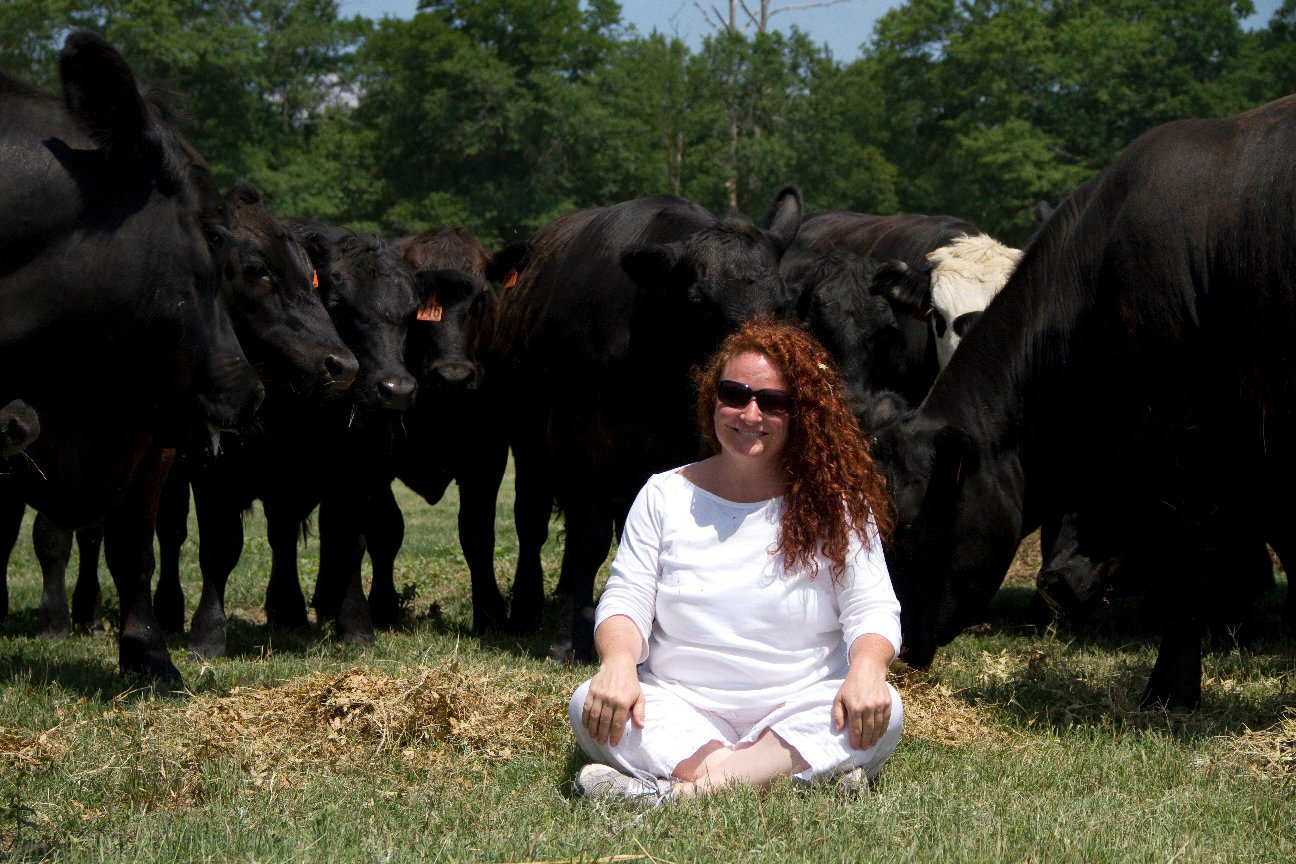
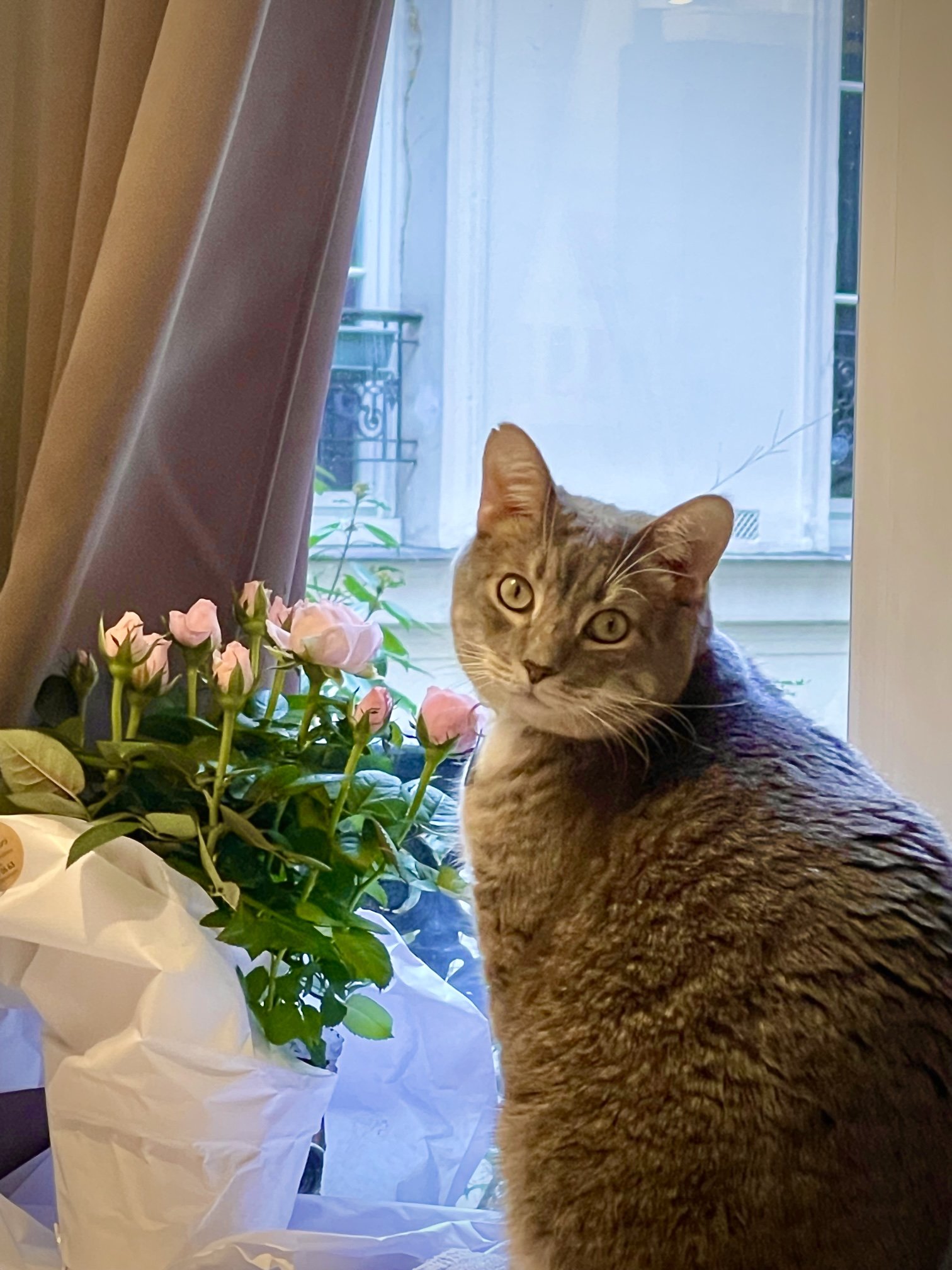
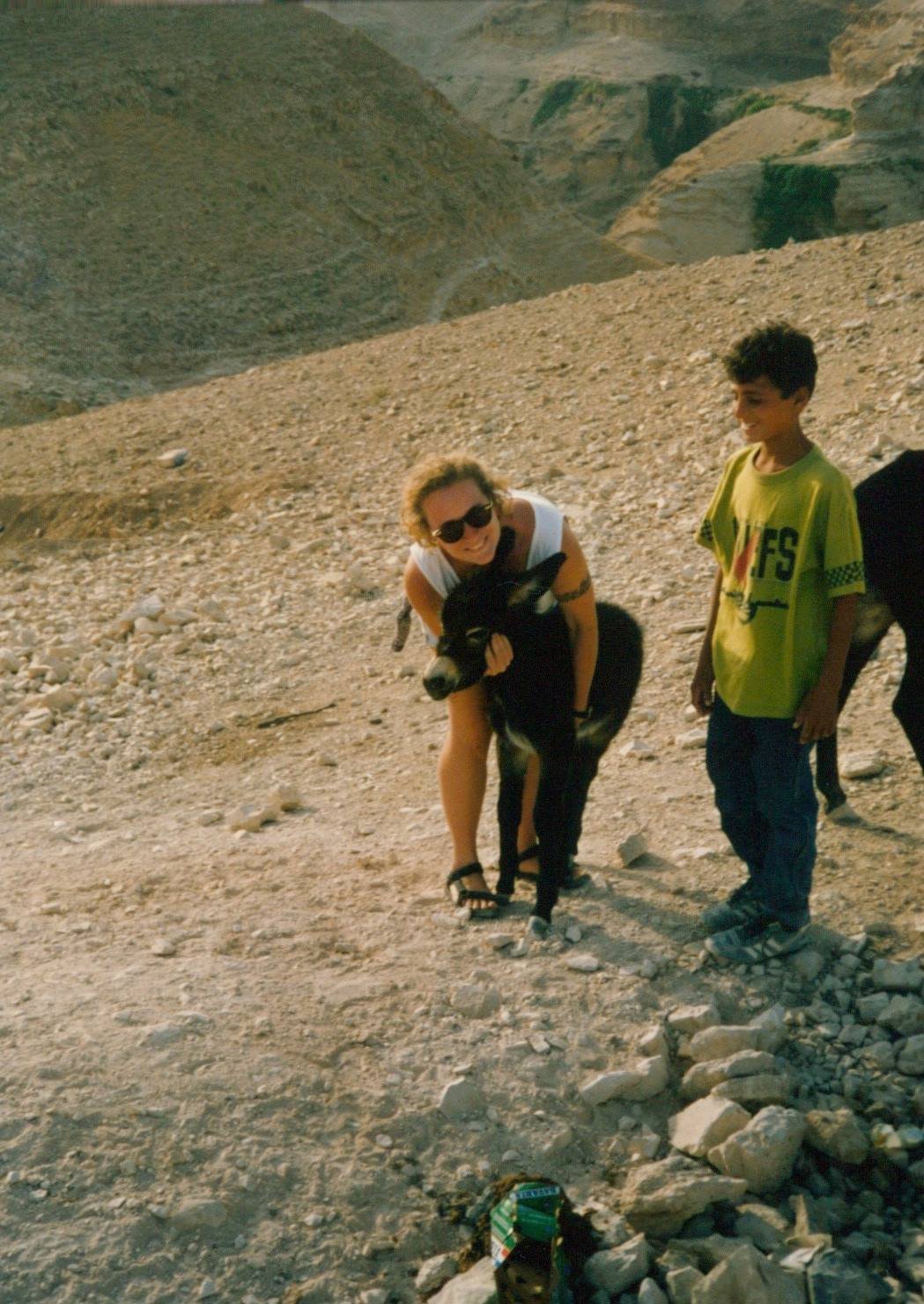


I would love to help you on your DBT Journey.
Book an appointment.
Your DBT Journey starts with a brief, complimentary consultation. Tell me a bit about why you are looking for DBT at this time. And we will figure out how I can support your mental health journey.
—Diana Partington, LPC-MHSp
